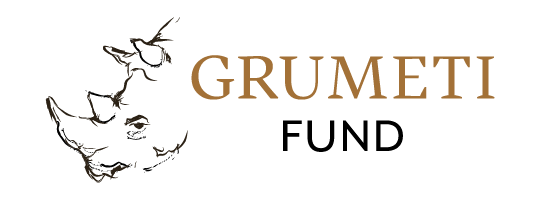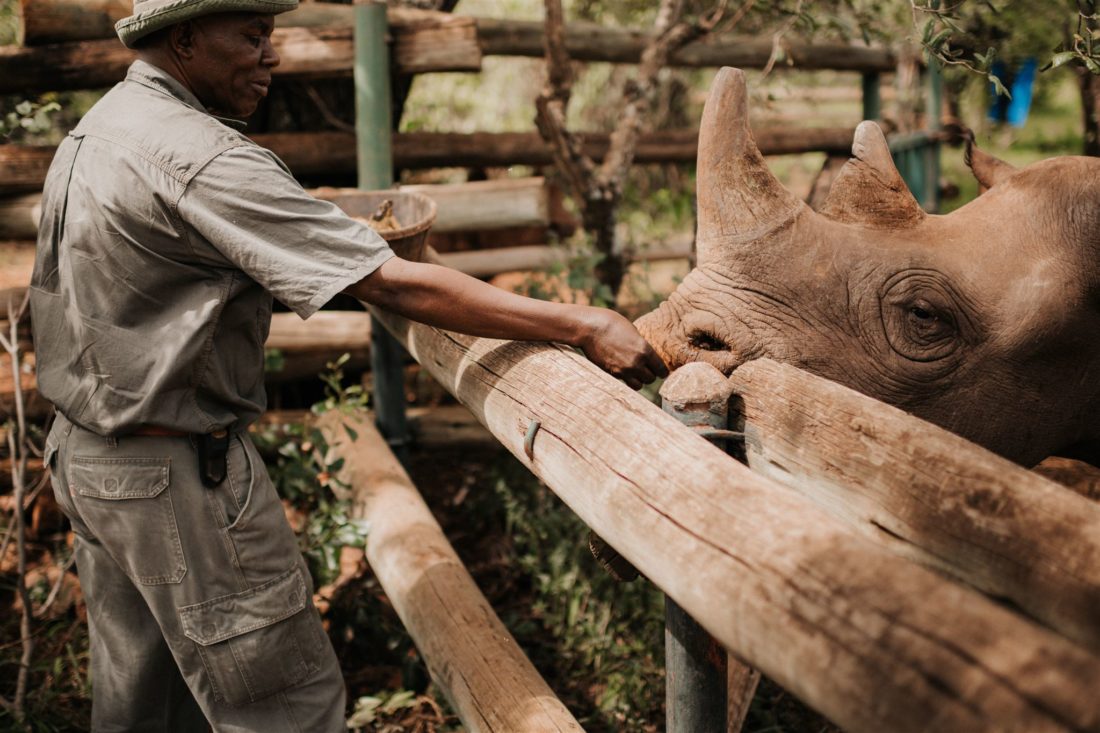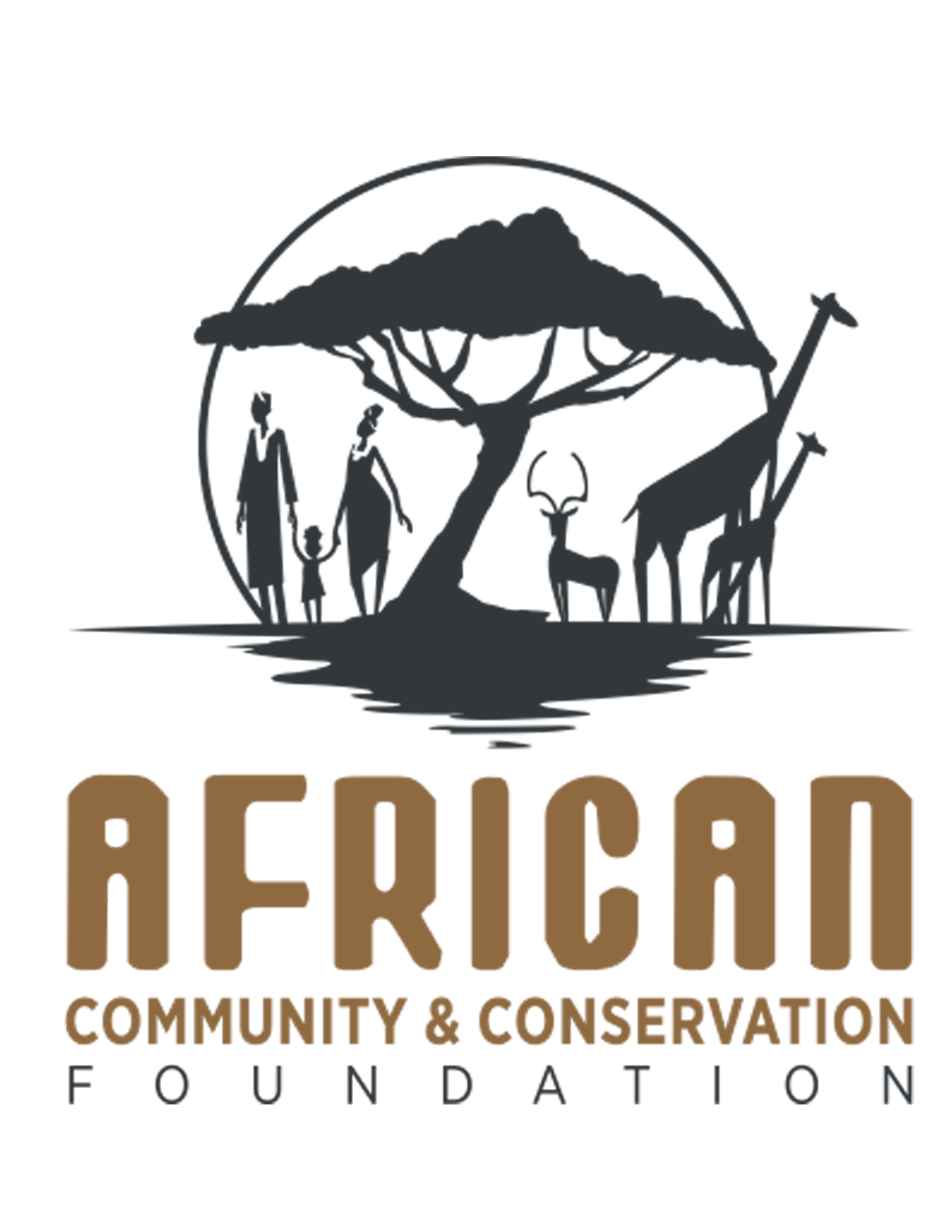A Virus of a Different Kind
Since his arrival, Eric, the bull rhino we translocated to the Grumeti Concessions in 2018, has been living in a 500-acre intensive protection zone (IPZ) for rhino, monitored and cared for by our conservation management team. A couple of months ago Eric’s caretakers noticed that he was experiencing a fairly drastic loss in condition. Upon further observation by the rhino project leaders it was decided that a team of experienced Tanzanian and external vets be called in without delay to attend to the ailing rhino. The veterinary team assembled at the Grumeti IPZ to undertake their own assessment of Eric’s condition. Soon, they too were in agreement that an intervention was necessary. The Grumeti Fund conservation team rapidly pulled together all the equipment necessary for such an undertaking, including a rhino crate, a crane truck for lifting Eric, and all the necessary straps and lifting chains. They were all set to immobilize Eric, take samples to determine what was causing his illness as well as treat him according to what the vets would find being his worst symptoms.
While this would have been the best course of action in a situation like this, Eric, under his current condition, was extremely sensitive to immobilization with powerful opioid drugs. So, even though we were meticulously prepared, Eric succumbed to the immobilization drugs at fast rate, a sign that his system was under duress. Before complete immobilization was even achieved the experienced vet team could see that he was not coping well and they hastily reversed the immobilization. The rapid action that was required from the vets in order not to lose Eric meant that there was not even enough time to take the necessary samples from him for further analyses. Eric’s reaction to the immobilization also certainly precluded him from being moved into a smaller enclosure. His recovery from the immobilization was visibly sluggish, the team would check on him later that evening. Importantly, the treatment drugs that were administered immediately started working on halting and reversing his condition. A plan was made to continue supporting him with supplementary feed within the IPZ.

By morning Eric had moved a fair distance from where he was immobilized and he was heading towards the holding pen area situated within the confines of the IPZ. The rhino management team quickly made a plan to lay a trail of feed into one of the larger paddock areas, and almost too good to be true, he followed this “trail” and ended up exactly where we wanted and needed him in order to provide him the best care possible.
The following three months saw a very gradual undulating recovery path for Eric, whose loss of condition was the result of a suspected pox virus. He was put onto a maximum supplementary feed ration of up to 20kg’s of lucerne hay and 7kg’s of pellets and rice bran a day as well as a mineral supplement mixed into his water. His daily feed intake also included a lot of the natural browse available in the small two-acre paddock. Multiple return visits from vets ensured that he stayed the course.


In the meantime, Zaituni, a nearly one-year old orphan was thriving right next door to Eric in her nursery “boma”. The time fast approaching when she would need to be walked out every day to encourage her natural browsing behavior and give her the exposure to the “bush” that she needs as part or her long rewilding process. An electric fence was erected between two adjacent paddocks to ensure that Eric and Zaituni would remain separated.

With the management situation of the rhino in the pens under control, Zaituni now enjoys up to four hours a day, morning and evening walks, browsing and exploring her thickly vegetated two-acre paddock. The variety of browse and her affinity for it shows in her sturdy body condition and she still gets eight liters of milk a day. Eric, with the memories from his time in a more “hands on” environment at the zoo and his gradual naturalization process, settled extremely well back in the confines of a paddock system during his recovery. Prior to his viral infection, Eric had undergone a successful “naturalization” process, being born and bred in San Diego Safari Park, California, to being fully self-sufficient within the totally natural settings of the Grumeti rhino IPZ – a process Zaituni is now undertaking, albeit instigated from a different set of circumstances (she was orphaned at 4.5 months old and transported to Grumeti for her recovery and ongoing care).
In the coming months Eric will again be slowly weaned off all his supplementary feed and should be very quick to re-adapt to life within the greater IPZ alongside Laikipia, a sixteen-year old rhino cow, also fully naturalized from a zoo setting. It is our hope that Zaituni will continue on her exceptional trajectory and be joining these rhino soon, as a fully self-sufficient sub-adult rhino. The team that is taking care of these critically endangered black rhino are some of the most dedicated members of the Grumeti Fund team.







